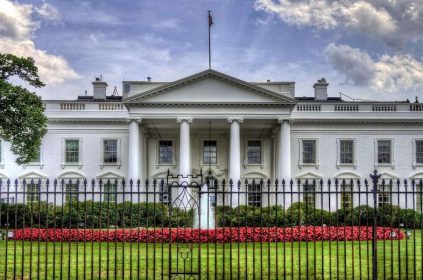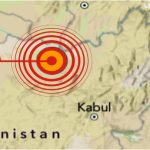Estimated reading time: 3 minutes
NK MONITORING DESK
KABUL: Afghanistan’s deputy prime minister for economic affairs, Mullah Abdul Ghani Baradar, has cautioned Afghan traders and industrialists to stop using Pakistan’s trade routes within three months. Failure to do so will risk losing state support.
During a meeting with business representatives in Kabul, Baradar urged traders to diversify their trade links and reduce dependence on Pakistan for both imports and exports. He made it clear that after the grace period, the government would not assist traders facing issues related to cross-border commerce through Pakistan.
“All Afghan traders and manufacturers must look for alternative markets and routes. Once this deadline passes, the Islamic Emirate will not be responsible for any complaints or problems. Such issues that arise due to trade through Pakistan,” Baradar said.
The directive comes amid deteriorating ties between Kabul and Islamabad. This deterioration is fueled by Pakistan’s accusations that Afghanistan harbors the banned Tehreek-e-Taliban Pakistan (TTP). This group is responsible for multiple attacks inside Pakistan. Kabul, however, denies giving sanctuary to militants.
Relations between the two countries have worsened in recent weeks. The main border crossings have remained shut since last month. This followed clashes and Pakistani airstrikes inside Afghan territory. Tensions further escalated after a deadly suicide bombing in Islamabad. An attempted attack on a military cadet college in northwestern Pakistan followed this incident. Islamabad blamed these events on groups allegedly based in Afghanistan.
Baradar accused Pakistan of “politicizing” trade and humanitarian matters. He cited repeated border closures, particularly during Afghanistan’s harvest season. Moreover, he criticized the import of what he called “low-quality medicines” from Pakistan. “Islamabad has exploited trade issues for political leverage. This action has damaged businesses on both sides,” he added.
Pakistan has historically served as Afghanistan’s primary trade corridor, providing access to ports in Karachi and Gwadar. However, recurring political friction, cross-border violence, and visa restrictions have repeatedly disrupted commercial activity.
Afghanistan’s potential alternatives include routes through Iran, Central Asia, and China. The Chabahar Port in Iran—developed with Indian assistance—offers a sea outlet that bypasses Pakistan. However, logistical and sanction-related hurdles have limited its use. To the north, Afghanistan can access Central Asian trade corridors via Uzbekistan, Turkmenistan, and Tajikistan. These routes connect to major regional networks such as the Trans-Caspian International Route and China’s Belt and Road Initiative.
However, these alternative routes are longer and costlier. They pose difficulties for time-sensitive goods like perishables. Despite growing calls for diversification, Pakistan’s geographical advantage and well-established logistics network continue to make it Afghanistan’s most practical trading partner.
According to official data, bilateral trade between Pakistan and Afghanistan reached around $2 billion in FY2024–25. Pakistan exported approximately $1.14 billion worth of goods. These exports mainly included food, construction materials, textiles, and pharmaceuticals. Meanwhile, Afghanistan’s exports, including coal, dried fruits, gemstones, and agricultural products, totaled about $850 million.
Despite frequent disruptions, Afghanistan remains one of Pakistan’s key trading partners. The bulk of trade is conducted through the Torkham and Chaman border crossings. These crossings connect the two nations’ markets and supply chains.
















